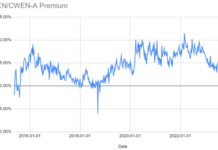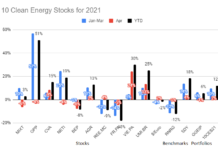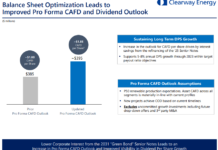By Beate Sonerud
SolarCity (NASD:SCTY) is issuing US$200m of asset-linked retail bonds, with maturities ranging from 1-7 years and interest rates from 2-4%. Wells Fargo is the banking partner. While the bonds are registered,SolarCity expects the bonds to be buy and hold, and not traded in the secondary markets.
The bond is issued for small-scale investors, with investment starting at US$1000, giving this bond issuance a crowdfunding aspect. Choosing such a different structure allows SolarCity to diversify their investor base – the company stresses that small-scale investors are a complement, not substitute, for large-scale institutional investors. While this is the first public offering of solar bonds in the US, in the UK, such small-scale retail and mini-bonds in the solar and wind sectors have been popular for some time.
SolarCity is the largest installer of residential solar in the US, and this is not the first time they are pioneering in the green bond space. In November last year, SolarCity was the first US company to issue asset-backed securities for solar. Since then, it has issued another two rounds of ABS backed by power-purchase agreements from their customers. All of these issuances have been private placement offerings.
SolarCity’s securitisation offerings have shown a steady decline in coupon, providing the company with cheaper funding. The company’s first issuance was rated BBB+ with coupon at 4.80% – right off the bat achieving investment grade rating with no credit enhancement. In April this year, the second issuance, US$70.2m, was also rated BBB+, but achieved a better coupon at 4.60%. In July 2014, the third issuance, for US$201.5m, achieved a lower coupon still. The upper tranche of this issuance achieved rating of BBB+, and a coupon of 4.026%, with the lower BB tranche getting 5.45%, providing an overall coupon of 4.32%.
In September, SolarCity also issued US$500m of 5-year convertible bonds, with a 1.625% coupon. We like the wide range of different structures of green bonds they are using.
In terms of the green credentials, we consider SolarCity a pure-play company aligned with a climate economy, although it’s worth noting that their bonds are not labelled green bonds. We do think there is room for labelling also for solar companies like SolarCity, mostly because it would make it easier for investors to identify the company’s bond issuances as green. Although easy investor identification is less relevant for this specific retail bond, it is something to consider for future issuances. It is also a much simpler process to label solar than non-pure play companies – check out our solar standards for details of what we’d expect from a labelled solar bond.
We look forward to see what SolarCity will do next as a green bonds pioneer. The company seems to just be getting started, as SolarCity states that: “(…) this is the first of fairly continuous offerings”. Great stuff!
Beate Sonerud is a policy analyst at the Climate Bonds Initiative, an “investor-focused” not-for-profit promoting long-term debt models to fund a rapid, global transition to a low-carbon economy.








